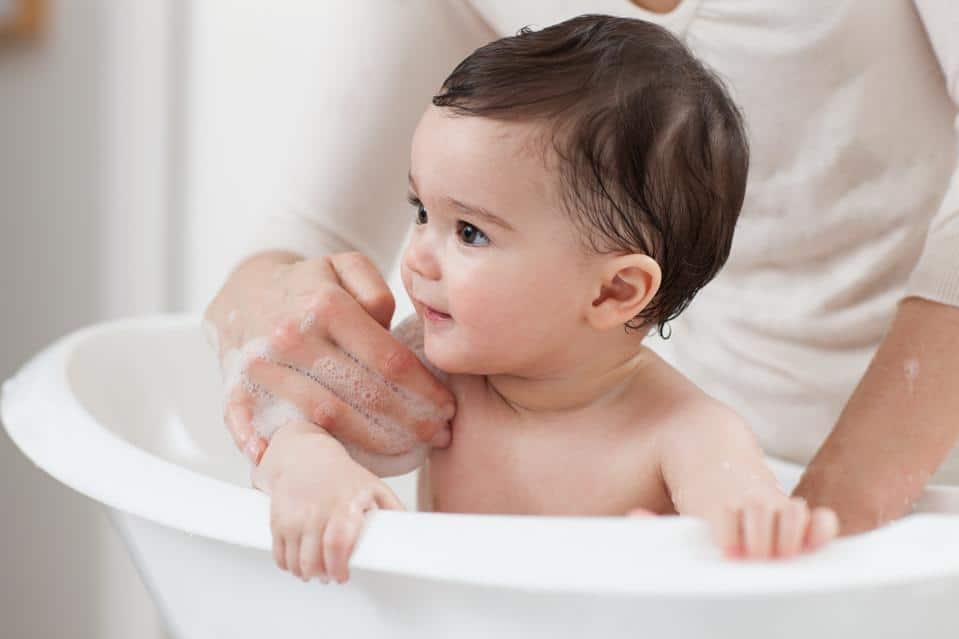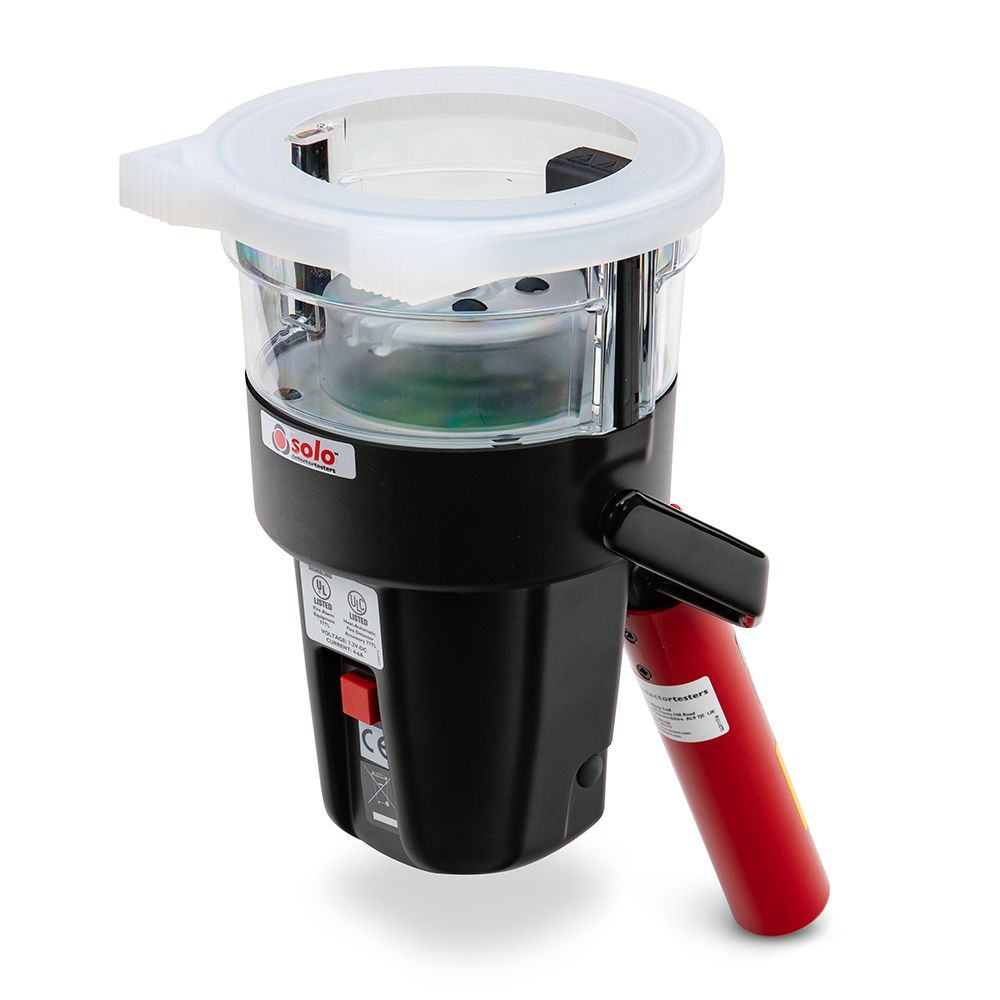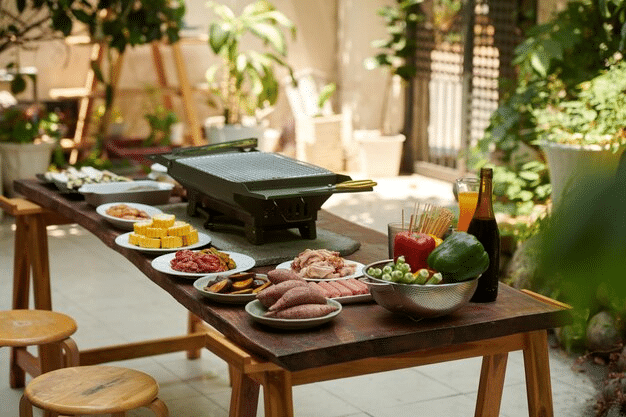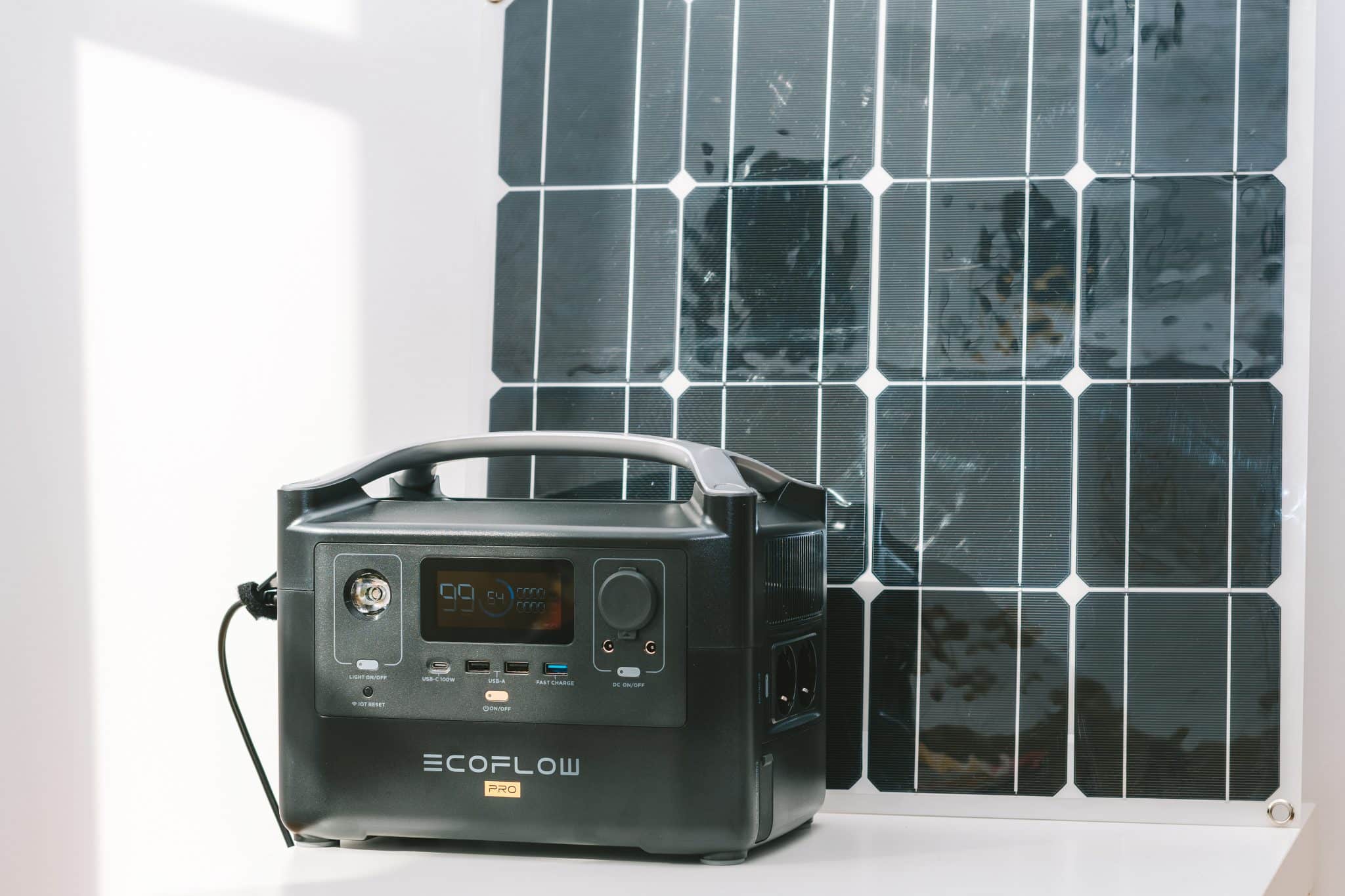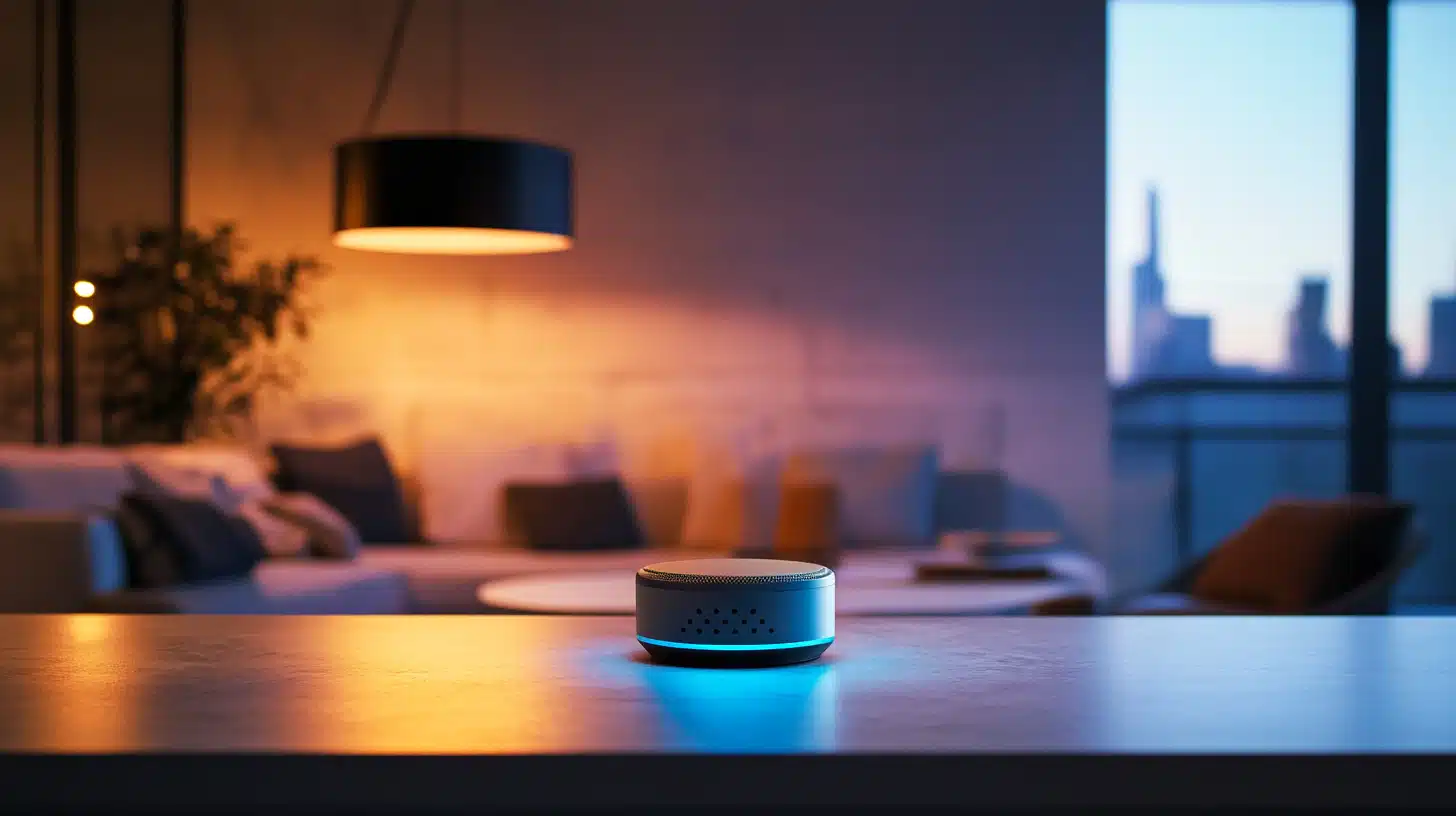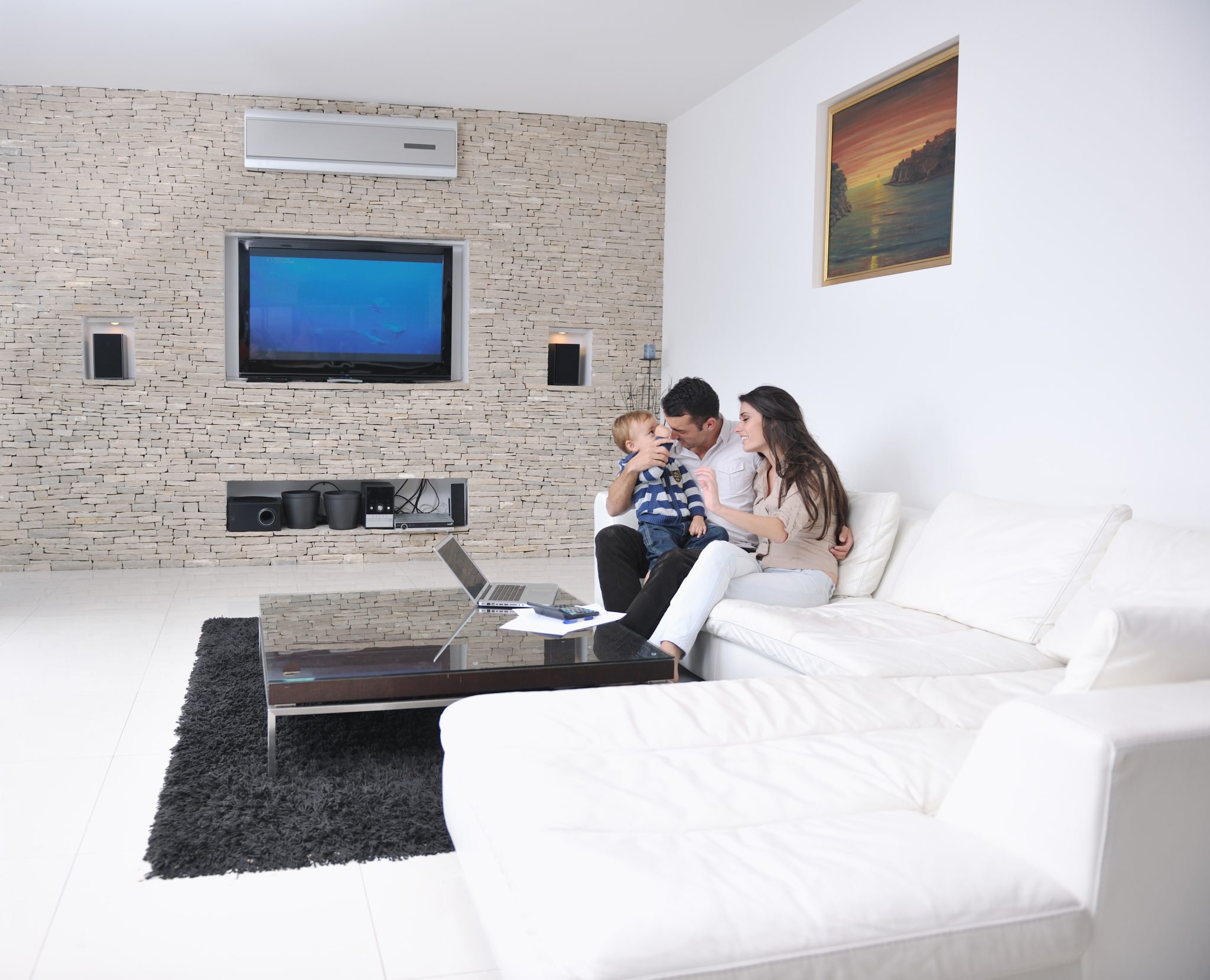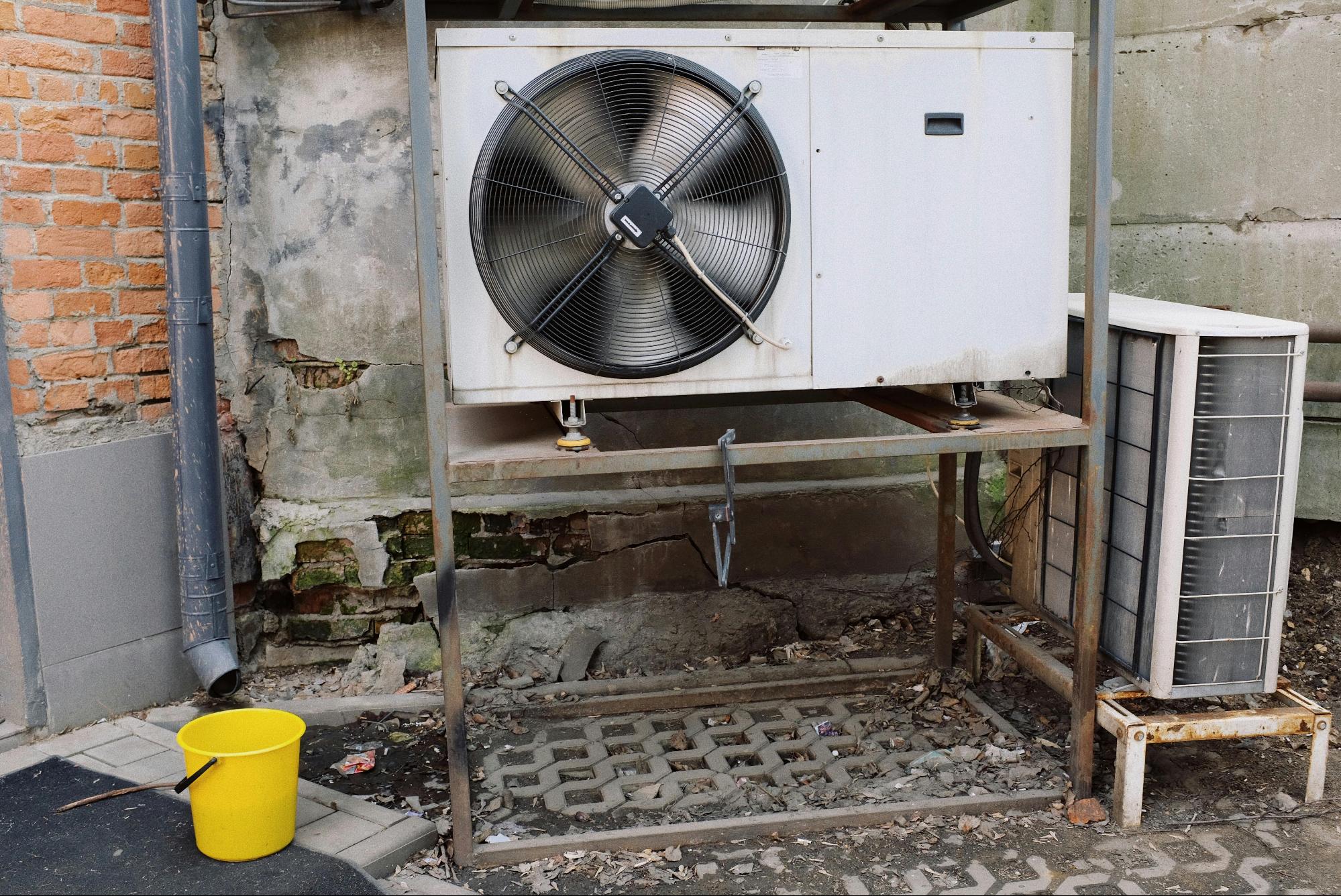A Guide to Choosing the Right Hot Water Heater Size
We all know the frustration of running out of hot water mid-shower.
It’s a common problem many homeowners face, often caused by a water heater not being the right size for their needs.
Choosing the correct water heater size ensures your home has enough water without wasting energy.
We’re here to help you solve this issue.
This guide will walk you through selecting your home’s perfect water heater size.
We’ll cover everything from understanding different types of water heaters to calculating your household’s hot water needs.
By the end of this article, you’ll know how to make an informed decision about your water heater size, ensuring comfortable showers and efficient energy use for years.
Importance of Choosing the Right Hot Water Heater Size
Picking the correct water heater size is a big deal for your home.
It’s not just about having enough hot water—it’s about comfort, savings, and keeping your home running smoothly.
Let’s talk about why it matters so much:
- Comfort: A properly sized water heater means you’ll always have enough hot water when needed—no more cold showers or waiting for the dishwasher to finish before washing your hands.
- Energy bills: The right size helps keep your energy costs in check. A too-big heater wastes energy by heating water you won’t use, while a too-small one works overtime, using more power than needed.
- Lifespan of your heater: When it is the right size, it doesn’t have to work as hard. This can help it last longer, saving you money on replacements.
What happens if you get the wrong size? Here’s what you might face:
- Too small: You’ll run out of hot water quickly. Imagine the last person showering, always getting cold water!
- Too big: Your energy bills could skyrocket from heating extra water you don’t need.
By choosing the right size, you’re setting yourself up for cozy showers, lower bills, and fewer headaches down the road. It’s worth taking the time to get it right!
How Family Size Affects Water Heater Capacity
The number of people in your home directly impacts how much hot water you’ll use. A large family will need a bigger water heater to meet demand.
This ensures everyone gets a hot shower, even during busy mornings.
1. Details on Usage Patterns
Let’s break it down:
- An average shower uses about 20 gallons of hot water
- Your dishwasher might use 6-10 gallons per cycle
- Washing hands or doing dishes by hand adds up, too
Peak times, like mornings when everyone’s getting ready, put the most strain on your water heater. You’ll want to make sure it can handle these busy periods.
Here’s a quick guide:
- Family of 4: Typically needs a 50-gallon tank
- Couple: Might be fine with a 30-40 gallon tank or a tankless system
- Large family (5+): Consider 60+ gallons or multiple tankless units
2. Additional Considerations
Think about your lifestyle:
- Do you have guests often?
- Multiple bathrooms?
- Love long, hot showers?
These factors might mean you need to go up a size. For larger families, energy-efficient models can help keep costs down while meeting high demand.
Types of Hot Water Heaters: Storage Tank vs. Tankless
| Feature | Storage Tank Water Heater | Tankless Water Heater |
|---|---|---|
| Initial Cost | Lower upfront cost | Higher upfront cost |
| Energy Efficiency | Less energy-efficient due to standby heat loss | More energy-efficient as it heats water only on demand |
| Space Requirements | Larger, requires more space; typically installed in basements or garages | Smaller, can be installed in tight spaces or on walls |
| Hot Water Supply | Provides a fixed amount of hot water stored in the tank | Provides continuous hot water, but limited by flow rate (GPM) |
| Recovery Rate | Takes time to reheat water after depletion | No recovery time needed; heats water instantly |
| Lifespan | Generally lasts 10-15 years | Typically lasts 20+ years |
| Suitability | Best for larger families with high simultaneous hot water demand | Best for smaller households or those with staggered water usage |
| Installation Complexity | Easier installation, especially if replacing an existing tank | More complex installation, may require upgrades to gas/electric lines |
| Maintenance | Regular maintenance required, such as flushing the tank to remove sediment | Less frequent maintenance, but may require occasional descaling |
| Operating Costs | Higher due to the constant heating of stored water | Lower, since it only heats water when needed |
How to Determine the Right Size
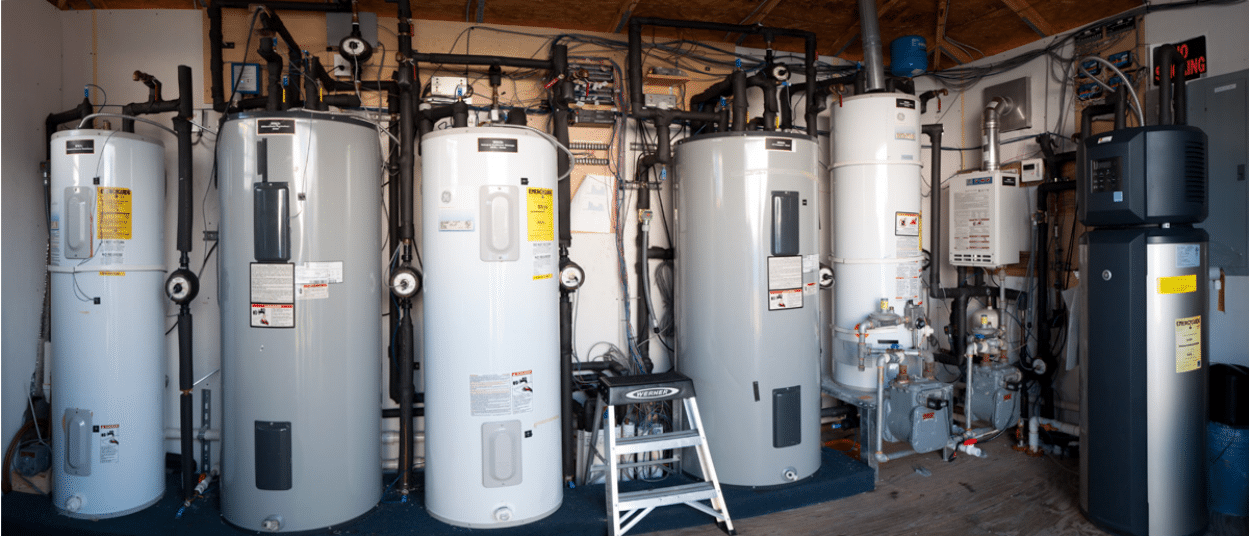
Let’s determine the size of the water heater you need. We’ll examine two main types: storage tank and tankless heaters.
1. Storage Tank Water Heaters
Here’s a quick guide to get you started:
- 1-2 people: 30-40 gallons
- 3-4 people: 40-50 gallons
- 5+ people: 50-80 gallons
But remember, these are just starting points. Your actual needs might be different.
We use the first-hour rating (FHR) to get more precise. Here’s how:
- Think about when you use the most hot water. Usually, it’s in the morning.
- List all the hot water activities during this time (showers, dishwasher, etc.).
- Add up the gallons used for each activity.
- This total is your peak hour demand.
You want a water heater with an FHR that matches or exceeds this number.
2. Tankless Water Heaters
We consider flow rate for tankless heaters—how many gallons per minute (GPM) do you need?
Here’s how to figure it out:
- List the devices you might use simultaneously (like a shower and dishwasher).
- Add up their flow rates. For example: • Shower: 2.1 GPM • Dishwasher: 1.5 GPM • Total: 3.6 GPM
- You’d need a tankless heater that can handle at least 3.6 GPM.
Remember, colder incoming water means you might need a higher-capacity heater to reach the same output temperature.
Special Considerations
When choosing your water heater size, there are a few extra things to consider. Let’s look at some important factors that can affect your decision.
1. Fuel Type and Efficiency
The type of fuel you use can change how big your water heater needs to be:
- Gas heaters: These heat water faster than electric ones. This means you might be able to use a smaller tank if you go with gas.
- Electric heaters: They’re often less expensive to buy but might need a bigger tank to keep up with demand.
- Solar heaters: These can be very efficient but usually need a backup system for cloudy days. You’ll need to size both parts correctly.
Remember, while more efficient models might cost more upfront, they can save money on energy bills over time.
2. Geographic Location and Temperature
Where you live plays a big role, especially for tankless systems:
- Cold climates: If you live somewhere cold, the water coming into your home is colder, too. This means your heater has to work harder to warm it up.
- Warm climates: You might get away with a smaller system in warmer areas.
For tankless heaters, colder incoming water means a higher capacity unit is needed to produce the same hot water.
3. Upgrading and Replacement
Sometimes, you might need to change your water heater size:
- Growing families: If you plan on having kids or expect family to move in, you might want to go bigger now to avoid upgrading later.
- Home renovations: Adding a bathroom or a big tub? You’ll probably need more hot water.
- Energy savings: Upgrading to a more efficient model, even if it’s the same size, can help cut your bills.
- Age of current heater: If your old heater is over ten years old, it might be time to consider a replacement anyway.
Wrapping It Up
Choosing the right water heater size doesn’t have to be complicated.
Consider your family size, usage patterns, and special factors like location and fuel type to find the perfect fit for your home.
Remember, it’s not just about having enough hot water—it’s about balancing comfort with energy efficiency.
Whether you opt for a storage tank or a tankless system, the key is to match your needs with the right capacity.
Remember to think about the future, too. If your family is growing or you’re planning home improvements, it might be worth sizing up.
By choosing wisely now, you’re setting yourself up for years of hot showers, efficient operation, and lower energy bills. Isn’t that worth a little extra thought?


